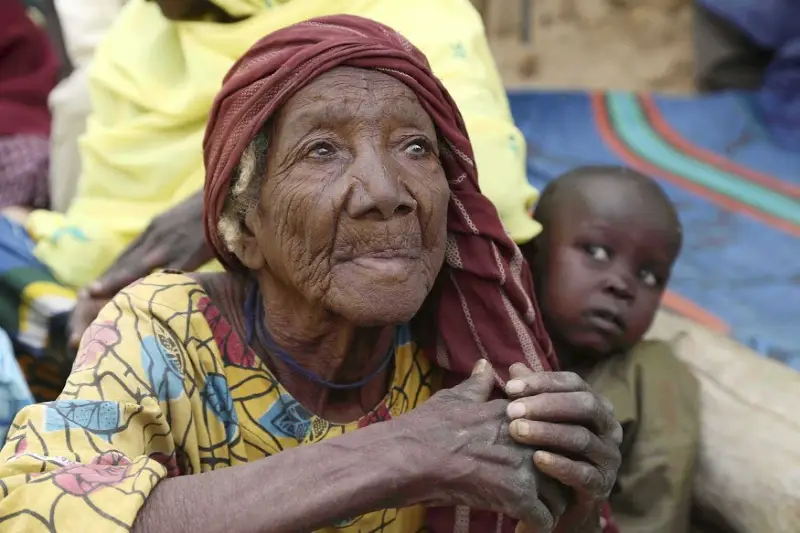By Thandiwe Garusa
The Zimbabwe Human Rights Commission (ZHRC) has urged the government to domesticate and implement African Union (AU) protocols on the rights of older persons, calling for increased resources towards social security and meaningful pensions to prevent retirees from falling into destitution.
Older persons’ human rights have long been overlooked due to perceptions of being non-productive, yet many remain active contributors.
Commemorating the International Day of Older Persons (IDOP), which was celebrated under the theme “Older Persons Driving Local and Global Action: Our Aspirations, Our Well-Being and Our Rights”, the ZHRC urged the government to prioritise their well-being and rights.
“The ZHRC calls on the government of Zimbabwe to domesticate and implement provisions of the AU Protocols protecting the rights of older persons it is party to.
“In particular, the commission urges the government to avail resources for the provision of social security for older persons, including meaningful pensions so that retired people do not become destitute,” ZHRC said in a statement Thursday.
The African Union (AU) adopted protocols on the rights of older persons (2016) and on social protection and security (2022), both of which Zimbabwe ratified in 2024.
Furthermore, the government of Zimbabwe enacted progressive laws that protect the rights and entitlements of older persons, which advance the rights of older persons to human dignity, appropriate care facilities, provision of social protection through harmonised cash transfers, food deficit mitigation programmes, assisted treatment orders, prevention of age-based discrimination, and protection from abuse, neglect and exploitation of all forms.
Despite all these legislative steps, older persons in Zimbabwe still encounter obstacles in fully accessing their constitutional rights and benefits.
“Despite these positive legislative measures, older persons in Zimbabwe continue to face barriers to the enjoyment of their constitutional rights and entitlements.
“Challenges in this regard include discrimination of older persons within their family environments and in public spaces, age-based stereotyping including accusations of witchcraft directed at older women in particular, limited access to health care, inadequate social protection, prolonged isolation and loneliness, neglect and in some instances outright abuse by relatives or caregivers.
“These challenges are compounded by limited or ineffective enforcement of laws that protect older persons from violations of their fundamental rights and entitlements,” ZHRC added.
